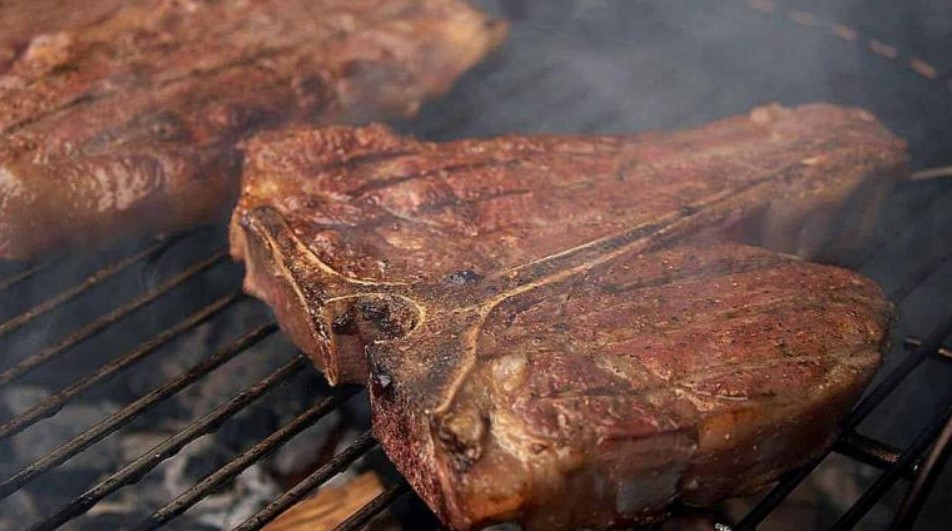by John Cody, Activist Post:

“The current federal government would like to abolish animal husbandry and switch the diet in Germany to vegetables and oatmeal,” says Hubert Kelliger, head of group sales at the large butcher Westfleisch
The German meat industry has warned of impending supply bottlenecks, especially concerning pork, and a board member is putting at least some of the blame on Germany’s current left-wing government, which is well-known for its attacks on meat and efforts to transition to a plant-based food supply.
TRUTH LIVES on at https://sgtreport.tv/
“In four, five, six months, we will have nothing on the shelves,” predicts Hubert Kelliger, head of group sales at the large butcher Westfleisch and also a member of the board of the Meat Industry Association (VDF), according to Die Welt.
One of the main factors affecting Germany’s meat supply, according to Kelliger, is the reduction of fattening pigs from livestock farmers. Others farmers have simply given up on production and are going bankrupt.
“The current federal government would like to abolish animal husbandry and switch the diet in Germany to vegetables and oatmeal,” he said; he, however, warned that despite ideology from the government, “it’s also a fact that over 90 percent of people in Germany still buy and eat meat.”
To back up his claim, he referred to analyses by GfK consumer researchers. In addition, a survey from 2016 found that 83 percent of Germans eat meat several times a week and over a quarter of the German population eats meat every single day.
Kelliger also slammed Federal Minister of Food and Agriculture Cem Özdemir, from the Green Party, for promoting a meat tax.
“We should eat less meat overall and make sure it comes from animals that are kept in a species-appropriate manner,” Özdemir told t-online. He advises “adapting meat consumption to planetary boundaries and for the sake of our health.”
While Green politicians have condemned meat eating, the social reality is different, with nearly the entire German population eating meat on a regular basis. However, agricultural and green policies are stifling German meat production, making Germany wholly dependent on meat from foreign countries; this is creating a new dependence similar to Germany’s reliance on Russian gas, which turned out to be a catastrophic mistake.
“Germany is now the largest meat importer in Europe,” says Gereon Schulze-Althoff, VDF board member and senior sustainability and quality manager at the slaughterhouse Tönnies. “We are now at a point where we can calculate when we will no longer be able to provide ourselves with meat.”



